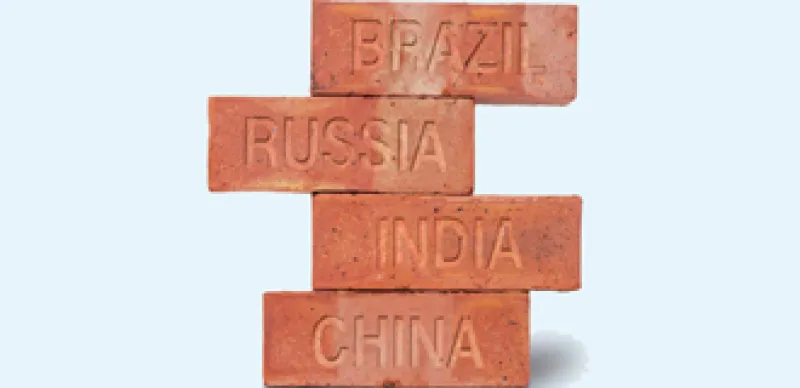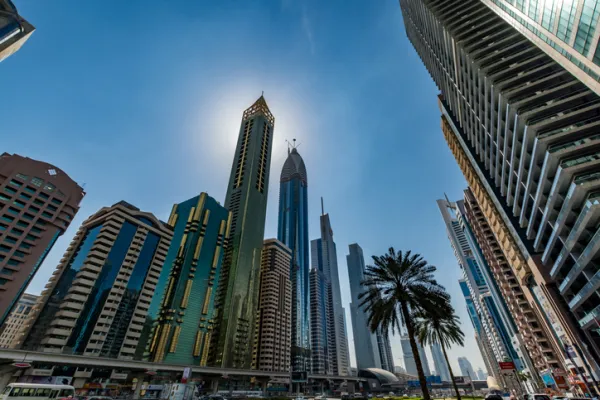At no other time in history has a deeper investigation of our investment portfolios made better sense than today. The last four years have brought forth many surprises for almost all types of investors. It is common wisdom that no one can take the markets for granted anymore.
There was a sudden surge in food prices in 2007-08 that came in and went away without giving many in the industry a decent opportunity for serious thought or reflection. Then suddenly sprang the economic crisis in 2008 that has been tracked very well right to its DNA. We are just starting to see the latest Sovereign debt crisis in the Euro region.
Whatever way we look at it, this promises to be a mystery to solve. Some observers are even calling it a house of cards that could fall anytime. The spate of these crises and their implications are still not very clear to all types of investors. We can be sure that each of these events just represents a tip of the iceberg and in the minimum should invite us to be more careful with where our money is invested and where it should not be invested.
On the other hand, to all those who prefer to escape the series of crises appearing on the Developed world horizon, investing in Emerging markets appears to be a very attractive opportunity. However, very few realize that if investors continue with the same approach of going with the popular sentiment and move their money into any and every opportunity that comes their way in the Emerging markets landscape, they are likely to meet the same fate. Sudden money chasing very few well understood assets could easily create a similar result in Emerging markets in the next 4-5 years or earlier. The same process played out repeatedly would inevitably create the same outcome. Only the canvas would change. What happened in US in 2008 is happening now in Europe. It is very likely it would happen in Asia in a couple of years. Why not? One definition of Madness is “Doing the same thing over and over and expecting a different result.” Why are we not ready to admit that this is likely when not much in our investment / research process has changed?
How can we avoid this? What should change? Clearly the investment and research process that guides these investments. It is common knowledge that Analysts usually spend an average of two days to cover a company during their rating process. That too, remotely. Thus an analyst sitting in a developed market (enabled by Internet) sifts through all the publicly available information on an Emerging Market (EM) company and combines it with his / her own understanding of that sector to rate the likely future performance of that EM Company. This is clearly suboptimal for various reasons.
We are all aware that most companies (especially the very successful ones) have well primed PR machinery. Therefore companies usually select and manage what gets said about them very actively. Any smart Investment / ESG Analyst trying to rate a company is aware that he/ she cannot solely rely on what is publicly available. Even if you try to engage with the company and get to speak to the senior management about their commitment to a particular issue, it does not necessarily translate into a guarantee to honor that commitment. A clear case is British Petroleum. Despite the various promises made by their senior management about the measures taken by them to rectify a successful track record of oil spills, it has been clear that neither did they prevent nor were they ready to manage the recent oil spill in Gulf of Mexico.
It makes sense therefore to check the facts on the ground before we put too much emphasis on the company’s position and put our valuable investments behind their word (which on several occasions is unreliable).
We recently tried this approach on a very popular EM Information Technology (IT) company in India (copy available on request). This company has been very successful at creating and maintaining a positive image of its operations. It rightfully
deserves the success it has achieved in its sector. Even though it is not the number one in market capitalization, it is considered to be the voice of its sector. However, when ten members of our Research team did a deeper on the ground assessment by interviewing 300+ stakeholders over a period of eight weeks, we found that the ground reality did not match the public image of this company.
Customers, employees and vendors were indeed telling us that this company has several risks that it has not communicated to the market. Therefore, for example, despite the fact that it has won many ‘Best place to work for’ awards, large number of its employees are not happy with its HR policies. Despite the fact that it prides itself in being a Sustainable organization, we are not confident that it will last the next crisis as well as it did the previous one.
Since the company does not want markets to know about these risks it is likely then that these risks will hit the markets one day, by surprise! This is just one example. There are many such stories waiting to be revealed in Emerging markets where lack of accurate and reliable information about companies and their impact is more the norm than the exception. We plan to highlight a few examples from several different sectors in the later parts of this article that follow (we will try to name the companies as well there!).
What we are highlighting here is endemic: there is a need to go below the surface and highlight the deeper issues or risks that confront every company we should want to invest in.
We hope that this new approach to drilling deeper while rating a company becomes an industry norm rather than an exception. This is the only way to sustain the Global Financial industry in the long run. This is the only strategy that works well during both - bull and bear phases of the markets: “Know your Investments well!”
Vipul Arora is Founder, Director, of Solaron Sustainability Services and an Emerging Markets Fellow of the Stanford University. Solaron is a niche Sustainability research firm with a global team of 60+ Analysts present across several Emerging markets like India, Brazil, China, UAE, Mexico, Russia, Eastern Europe and Africa.






